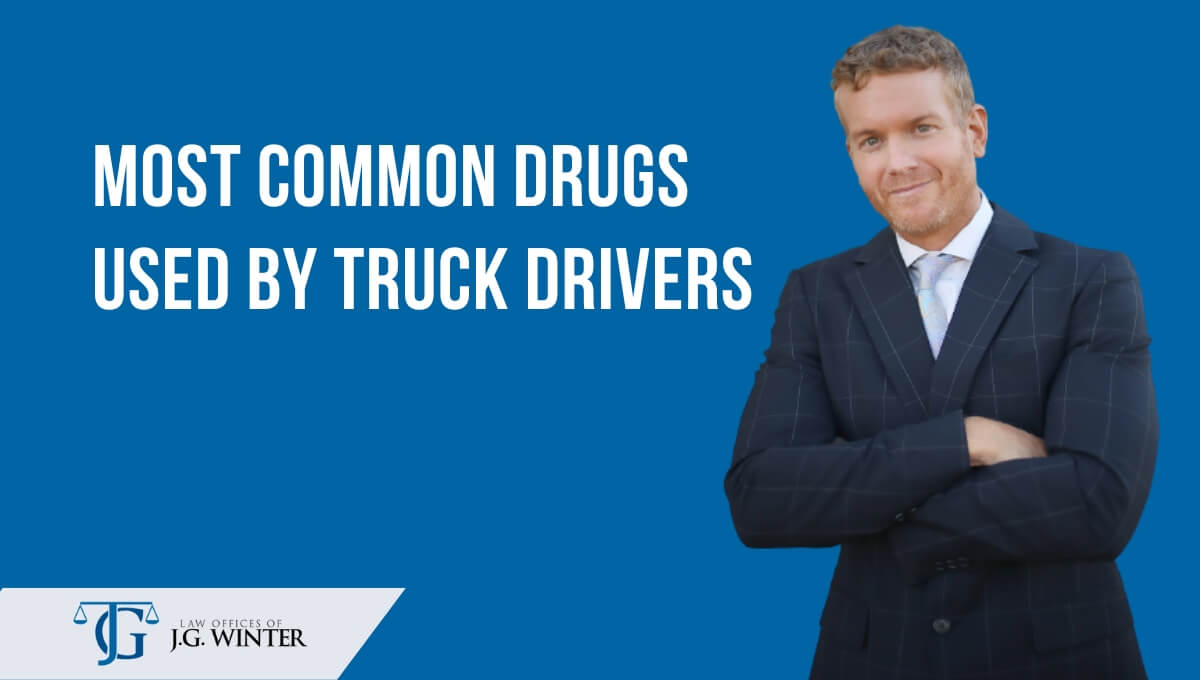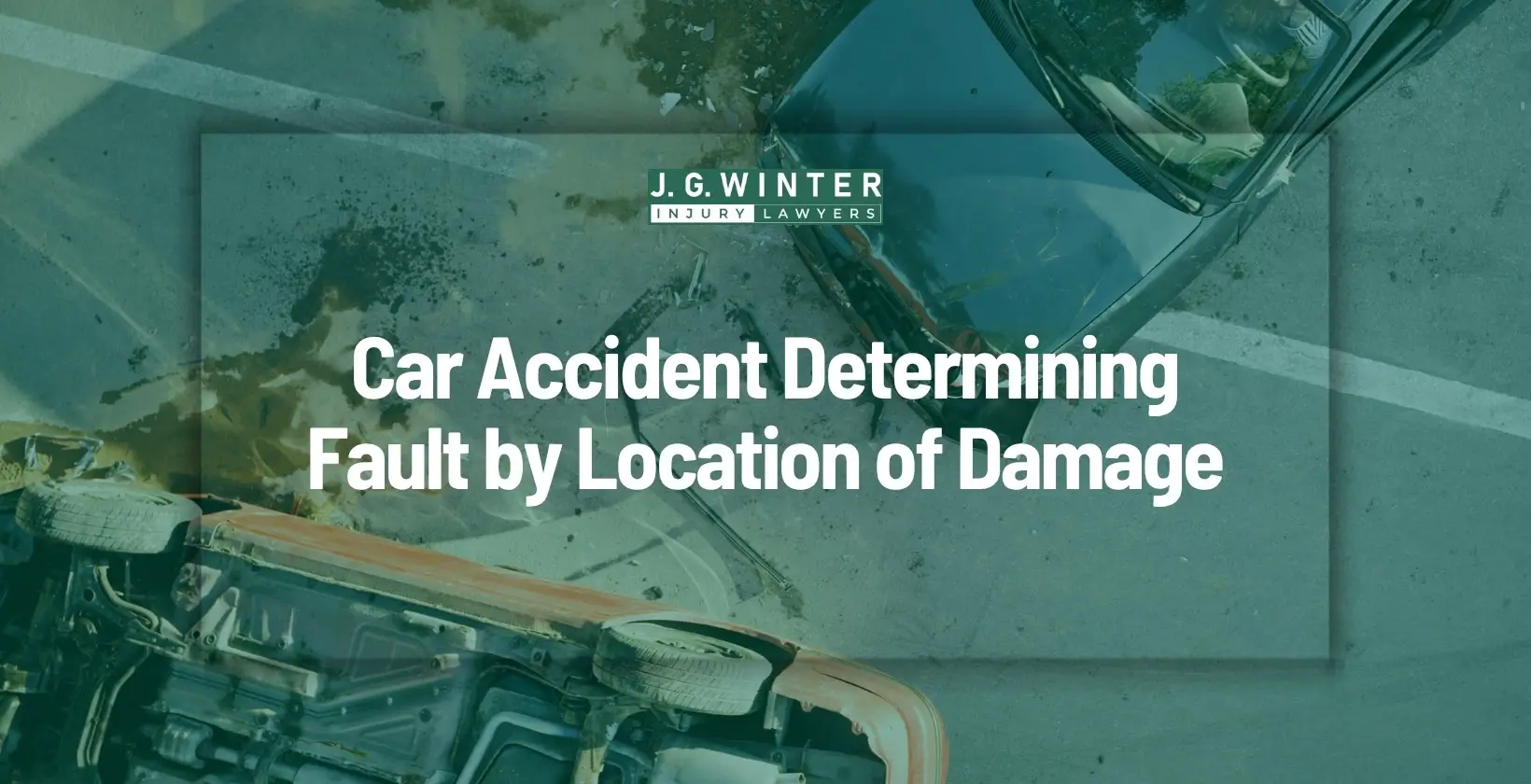Truck driving is a demanding and high-stress occupation with long work hours and continuous work. Consequently, some truckers may resort to substance abuse as a coping mechanism. Based on the research of FMCSA, data reported in August 2022, 90,000 commercial drivers are currently on prohibited status due to driving under the influence. Marijuana is the most common drug truck drivers use. In 2021, 87,500 drivers had at least one drug or alcohol violation.
Drugs used by truck drivers are categorized into two types. They are:
Psychoactive drugs
Psychoactive drugs affect mental processes when taken in or administered into one’s system. The psychoactive drugs include energy drinks, caffeine, alcohol, tobacco, and nicotine. These drugs are readily available. Truck drivers use psychoactive drugs to increase production and work for long hours. Using psychoactive drugs decreases driving skills, which may lead to accidents.
Illicit drugs
The drugs that are illegal to have and the nonmedical use of drugs that are legally available, such as painkillers and sleeping pills, are illicit drugs. The drugs listed on illicit drugs are marijuana, cocaine, methamphetamine, amphetamines, oxymorphone, oxycodone, hydrocodone, and hydromorphone. Truck drivers use illicit drugs to stay awake and work for more hours.
Using illicit drugs causes a lack of attention and slowed reaction times on the road, which may cause accidents, harming both the driver and other people on the road.
Impacts and injuries from drugged truck driving accidents
According to the Centers For Disease Control and Prevention, an alcohol-impaired driver kills 32 people in the United States daily in crashes. The accident involving a truck is more dangerous due to the larger body of the truck. The consequences of accidents involving drugged truck driving are intense and extensive. Such incidents not only risk the truck driver’s safety but also are a risk to other road users. Injuries resulting from these accidents can range from minor to fatal, including broken bones, severe trauma, and, tragically, even loss of life. Furthermore, the economic loss is huge, with extensive property damage, medical expenses, and legal proceedings often required. These accidents also hamper the reputation of the trucking industry as a whole.
Steps to carry out after truck accident
After a truck accident, it’s crucial to follow a clear plan to keep everyone safe and handle the situation properly. Here are the steps to take:
- Call the police: This is important for a few reasons. First, the police officer who checks the accident will write down what happened in a report. This report helps insurance people and judges understand what went on. Second, most insurance rules say you must tell the police about the accident within a certain time. And third, your insurance contract might also say you need to do this.
- Seek medical attention: Even if you believe you’re okay, getting a medical check-up for yourself and your passengers is important. Sometimes, injuries from an accident may not have immediate symptoms. If you later need medical help for an injury, proving it was connected to the accident can be challenging. Additionally, you might have an injury like internal bleeding, which may not be obvious to you but can be detected by a doctor. Even if an emergency medical technician has examined you at the scene, asking for a thorough medical evaluation at a hospital or your doctor’s office is still a good idea.
- Document the evidence at the scene: Documentation is important when you’re involved in an accident. It will help the police with further investigation and can also help you with insurance claims.
- Notify your insurance company: Notifying your insurance company will help you get compensation when needed.
- Call a truck accident lawyer: Calling a truck accident lawyer is important. Understanding the legal procedure can be complicated, so having a lawyer helps in many ways. Truck accidents can get complicated because more people and parties are usually involved, like the driver’s boss, the trucking company, and the place that loaded the truck.Also, there are special rules from the government for trucks, so it’s not just about regular traffic rules. Contact us if you’re involved in such accidents. JG Winter Law has the expert Sacramento truck accident lawyer you need.
Rehab Centers
Rehab Centers that are near Sacramento, California are:
- Azure Acres Recovery Center
- Diamond House Detox
- Essential Behavioral Health
- UC Davis Rehabilitation Hospital
- Monarch Recovery Centers
- Sacramento Treatment Clinic
- Akua Strong Sacramento- Addiction Treatment
Attending a drug rehab center means getting help for addiction in a safe place with medical experts. They can give you medicine to make withdrawal symptoms easier to handle.
FAQs on Drug use among truckers
Is Drug use common among truck drivers?
Based on the research of American Addiction Centers, drug use among truck drivers is highly common. 27.6% of truck drivers use drugs.
What Drugs do truck drivers use to stay awake?
Truckers mostly use amphetamines to stay awake, but other drugs like modafinil, armodafinil, marijuana, and many more are also in use.
What is DOT Drug testing?
A DOT drug test is a type of drug screening consisting of five panels. It is conducted on safety-sensitive employees working for organizations under the U.S. Department of Transportation (DOT) regulatory authority.
Are all truck drivers Drug tested?
Not all truck drivers get tested for drugs regularly in the United States. However, they usually do if they work for companies regulated, according to the Department of Transportation. There are certain times when they must get tested, like before they’re hired, randomly during the year, after accidents, or if their behavior suggests they might be using drugs. But not all trucking companies fall under these rules – it depends on their size and work type.
What is pre-employment truck driver drug testing?
Pre-employment truck driver drug testing is a test conducted before hiring a truck driver to check for drugs or substances in their system to ensure they are fit for the job and meet safety requirements. That includes almost always urine drug tests for the 5-panel drugs: marijuana, cocaine, amphetamines, opioids, and PCP.




